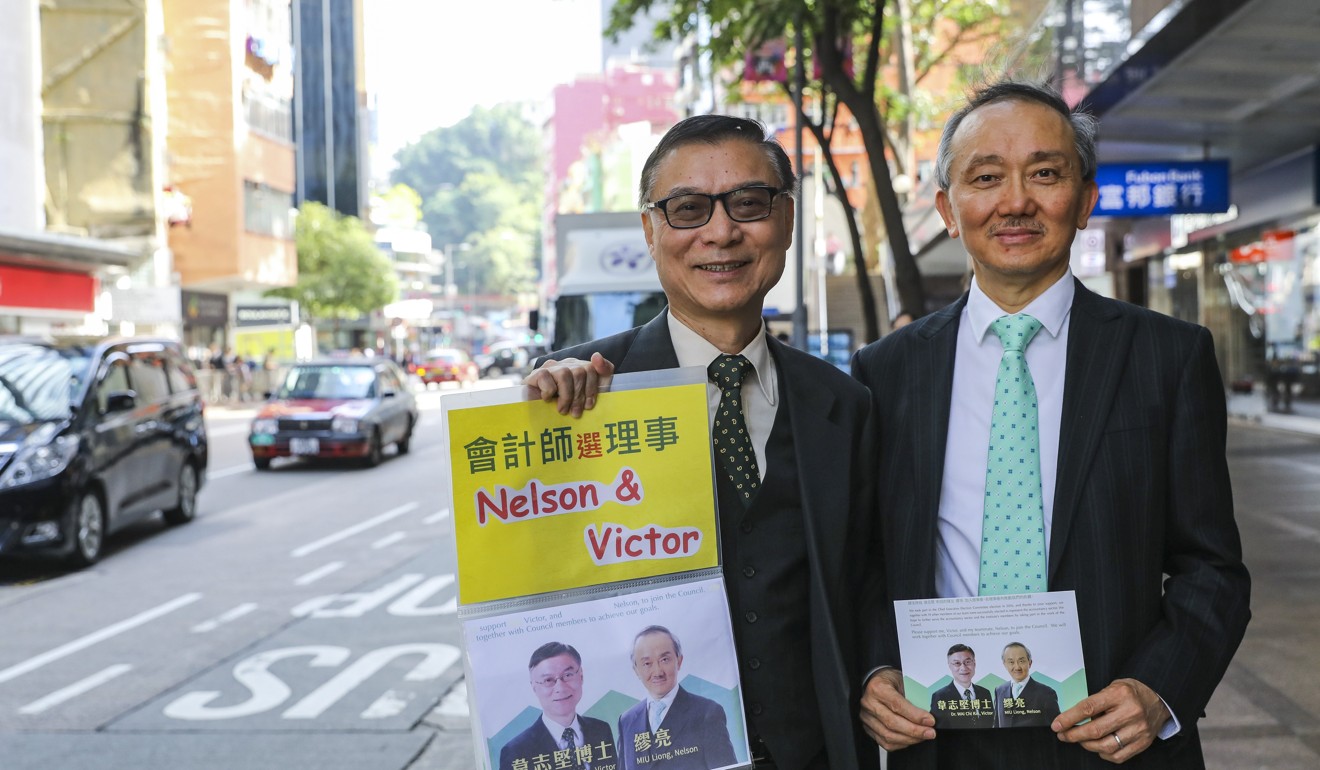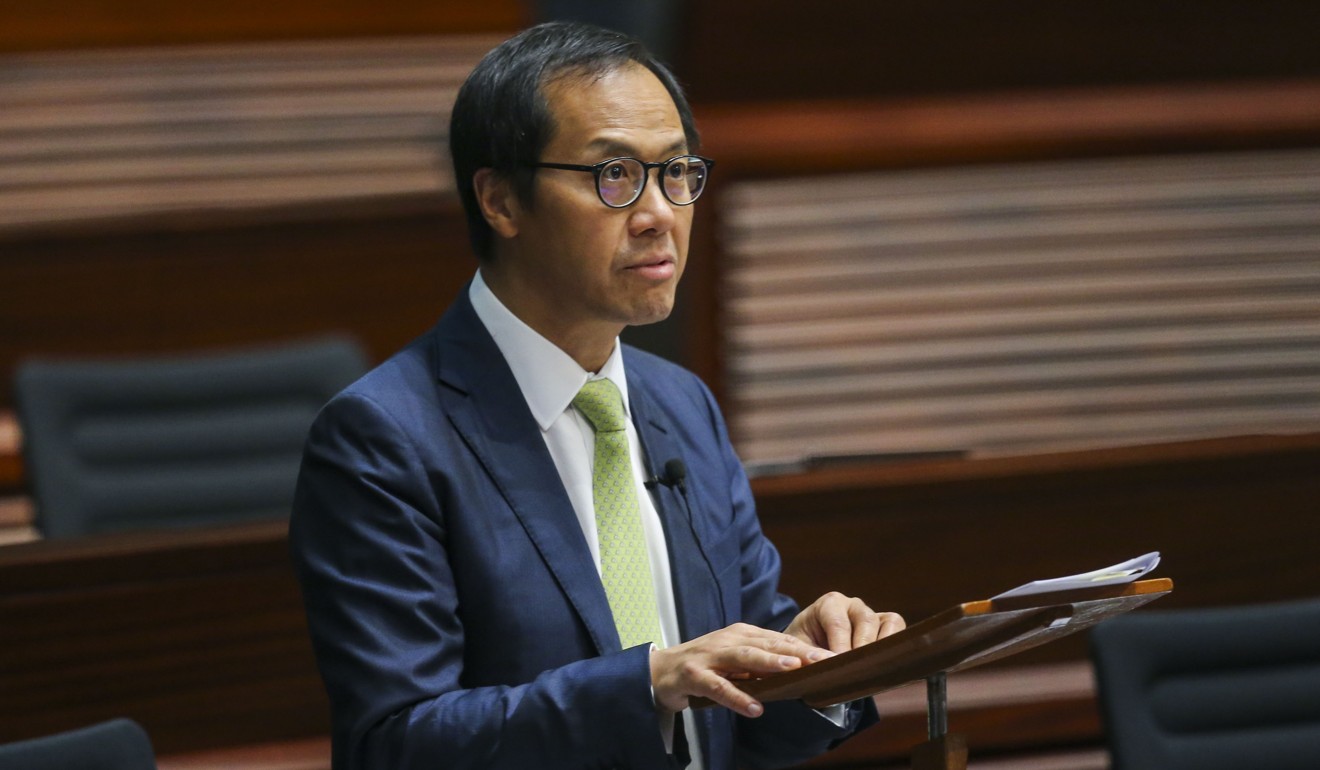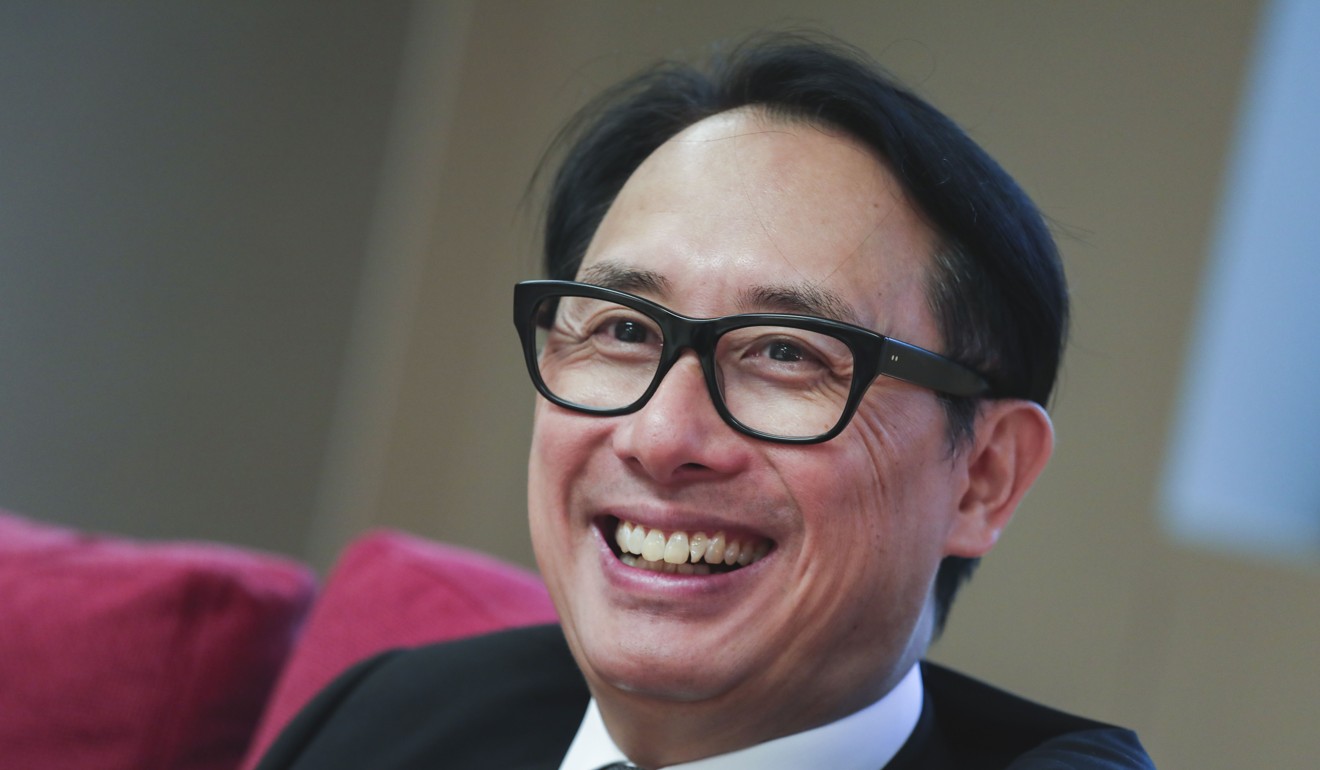
Hong Kong accountancy guild drags its heels on implementing one person, one vote, causing rankles among members
- HKICPA still has not implemented the measure, despite over 3,600 members voting for it in March
- Advocates say a directly elected leadership would be more responsive to the concerns of younger members
Hong Kong’s largest accountancy guild has come under fire for “stalling” plans to elect its leader by one person, one vote, some nine months after 3,600 members endorsed the move at a special meeting.
The demand to improve the Hong Kong Institute of Certified Public Accountants’ (HKICPA) accountability to its members resurfaced when polls for its governing council opened earlier this week.
Currently, the president of the institute – which is also the regulator for accountants – is elected by the ruling council’s 23 members, 14 of whom are elected by HKICPA members, and four lay members appointed by the government.
Accountants supportive of a popular vote believed that a directly elected leadership would be more conscious about the difficulties faced by younger members.
“Accountants are known for having long working hours, and a direct election would force bosses from accounting firms to respond to frontline workers’ demand to improve working conditions,” said accountant Victor Wai Chi-kin.
Have the accountants made a financial error with HK$189m payout?

Wai and at least four other candidates have urged the institute to respect the popular will of members in March’s extraordinary meeting, and allow more than 42,000 eligible members to have a direct say in choosing the president and two vice-presidents as soon as possible.
More than 3,600 accountants voted for directly electing the institute’s president and two deputies at the March meeting, outnumbering the more than 2,200 accountants who voted against the arrangement.
Thirteen candidates are contesting seven seats in the election. The poll will close on December 10 and results will be announced on December 13. The council will then elect its president for the next two-year term.
How do accountants deal with reserves of US$50m? Call for a vote
“We voted for one member, one vote in March, but now there’s no sign of a change,” said Wai’s ally, pro-democracy candidate Nelson Miu Liong who was also elected as industry representative in choosing the Chief Executive last year.
This was not the first time that liberal accountants have pushed for direct elections for the top post of the institute, one of the largest professional bodies in Hong Kong.
In 2011, accountants voted down directly electing the president by a slim margin of 51 per cent to 49 per cent.

The accountancy sector has had no clear political inclination in the past, but with its pan-democratic representative Kenneth Leung re-elected overwhelmingly in the 2016 Legislative Council election, pundits have linked their demand for increasing competition within the industry, with the call for electoral reform in the city.
Miu was also concerned that a working group, set up by the institute, had called for “thorough consultation” on changing its electoral rules.
Audit watchdog overhaul not enough, says chief regulator
“Members have already spoken in March, why consult again?” Miu questioned. “At least show us a road map on when the direct election will be held and how long the study for law reform will go on for.”
Another liberal candidate Raymond Cheng Chung-ching said some members would consider launching a judicial review against the institute if it did not reform its election method in the coming year.
However, not all accountants are eager to introduce a popular ballot for the institute’s leadership.
Loretta Fong Wan-huen, a partner at PwC’s Assurance Division, who is seeking re-election in the council, said: “I must say any one person, one vote system run the risk of bringing politics to the table, and we must not forget the institute is a professional body.”

In a written response to the Post, HKIPCA president Eric Tong said that, while he understood the disappointment of some members, the institute needed to make careful decisions for the benefit of the profession and the community.
“More time is needed to review the situation and put forward proposed amendments to the Professional Accountants Ordinance and undertake the consultations,” Tong said. “We cannot provide the date for the submission of amendments [to the Legco] at this stage.”
He also dismissed that the poll could take place before a rule change, stressing that, under the law, the duty to elect president and vice-president rests “solely with the council” and any poll before revising would not bind the governing council.

